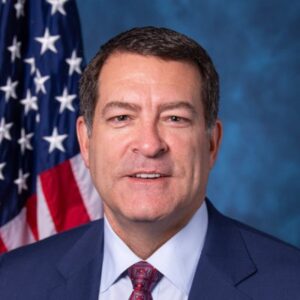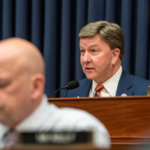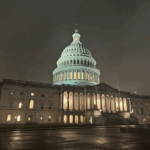
House Homeland Security Committee Chairman Rep. Mark Green (R-Tenn.) late Tuesday criticized President Biden for not mentioning cybersecurity in his State of the Union address, saying the issue needs to be a priority and the president has been weak in responding to cyber-attacks against the country. “The White House has continuously had a weak response to cybersecurity threats,” Green said in a statement following the president’s address to Congress. “In the past two years alone, Russian hackers have attacked America’s…

 By
By 











